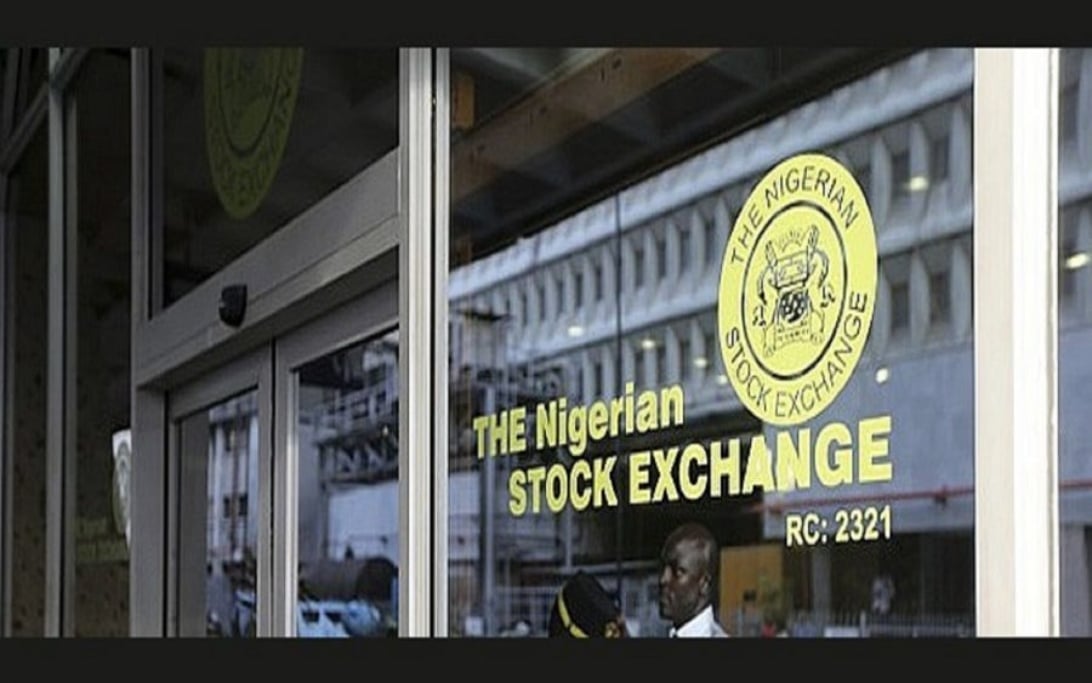Whether you are a seasoned investor or just starting, Nigeria offers a plethora of investment opportunities, and among them, Nigerian stocks stand out as a viable choice.
Investing in stocks means acquiring ownership in publicly traded companies, essentially making you a shareholder.
Nigerian stocks are traded on various stock exchanges, including the Nigerian Exchange (NGX) and NASD OTC Securities Exchanges, where investors engage in buying and selling.
The valuation of a stock is influenced by factors such as the company’s performance, market conditions, supply and demand dynamics, economic trends, and investor sentiment.
While investing in Nigerian stocks presents the potential for capital appreciation over time, it comes with risks due to the volatility of stock prices and external factors beyond a company’s control.
In 2023, the Nigerian Exchange witnessed a 45.9% appreciation, providing some of the best investment returns in the country.
Certain equities in the market experienced significant appreciation, ranging from over 100% to 200%, while others recorded no capital gain throughout the year.
Despite the success of the NGX, there remains a challenge, as the market tends to be more accessible to institutional investors, potentially excluding regular Nigerians who may opt for riskier investment options.
In 2023, companies affiliated with billionaire businessman Abdulsamad Rabiu (BUA) gained N2.3 trillion in market capitalization, with BUA Foods appreciating by 197%.
Also, companies led by Tony Elumelu gained N1.6 trillion during the year.
These figures underscore the returns accrued to individual Nigerian investors who own stocks in the Nigerian Exchange.
For those looking to invest in Nigerian stocks in 2024, RocketParrot has outlined simple steps:
Open a brokerage account:
- Choose from over 100 active stockbroking firms, including popular ones like CardinalStone Securities, Meristem Stockbrokers, Afrinvest Securities, CSL Stockbrokers, Stanbic IBTC Stockbrokers, Calyx Securities, and FBNQuest.
- Complete the application process, providing necessary documents like means of identification, bank account details, passport photos, and signatures.
- Consider using online trading platforms offered by registered stockbrokers for easy access.
After opening an account:
- Receive a unique Clearing House Number (CHN) for your investments.
- Deposit money with your stockbroker to start trading.
Register with CSCS (Central Securities Clearing System Plc):
- While not mandatory, individual investors should register with CSCS for centralized depository services, clearing, and settlement of transactions.
- CSCS provides a personalized window to monitor investments, distinct from information presented by stockbrokers.
- Fees for access to CSCS vary, with individual investors paying N3,055.
How to Withdraw Your Nigerian Stocks Investment:
- Initiate withdrawals through the online brokerage app.
- Funds will be transferred to the bank account provided during the signup process.
Key considerations for investors include the absence of taxes on share trading in Nigeria unless the shares amount to N100 million or more, in which case a 10% capital gains tax applies.
Transaction fees incurred upon the success of bids or offers vary, with statutory fees directed towards regulators and broker fees ranging from 1.5% to 1.8% for each transaction.
Trading on the NGX typically commences at 9:30 am with pre-markets, allowing for bids or offers and providing insights into stock price movements.
Pre-markets conclude by 10:00 am, marking the commencement of the full trading day, which officially closes at 2:30 pm.




















